AARP Hearing Center

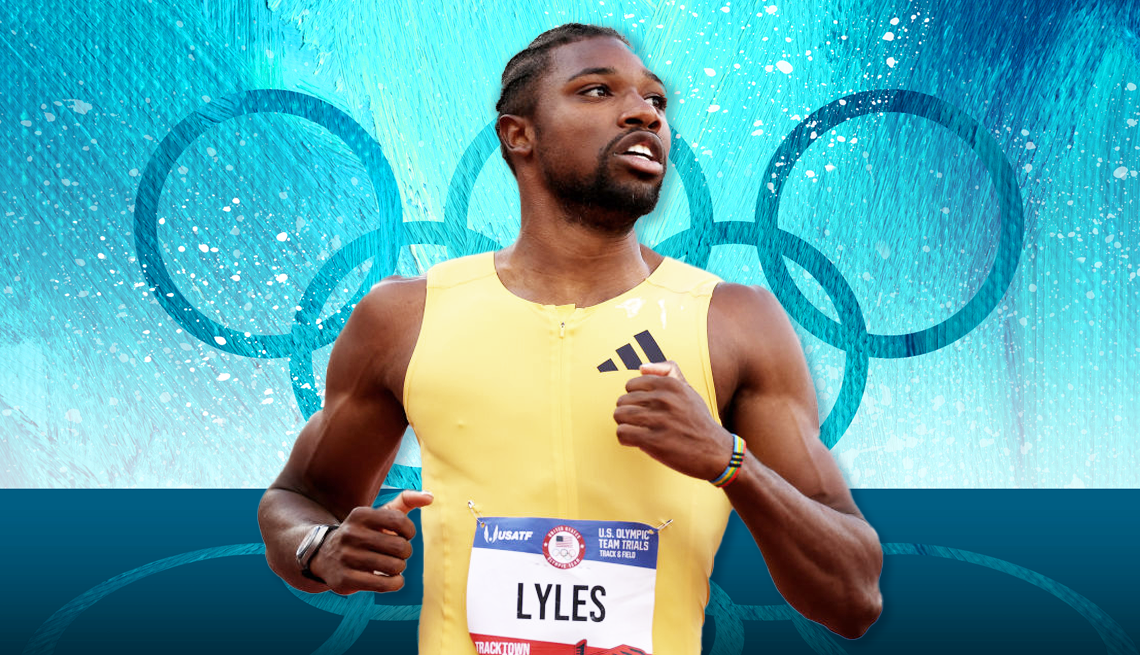
When U.S. sprinter Noah Lyles steps into the starting blocks at the Paris Games, it will likely be his best — and perhaps last — shot at gold in the men’s 100 meters.
At age 27, he is in the magic zone for peak performance, according to researchers at the University of Waterloo in Canada who have crunched the numbers to quantify when track-and-field Olympians are at their prime. The results are both “unsurprising and remarkable,” say researchers David Awosoga and Matthew Chow.
As any longtime sports fan has observed, athletes — even elite ones, like Michael Jordan and Peyton Manning — tend to lose a step as they age. But when does that begin? Naturally, it is different for each individual athlete, but Awosoga and Chow think they have the answer. At age 27, the probability that an athlete’s best days are ahead of them drops below 50 percent. For athletes competing at the Olympics, which are held once every four years, there’s a very limited opportunity to participate when they are at performing at their peak.
“The prime of a track-and-field athlete typically spans a single Olympic Games,” the researchers conclude.
Lyles, who won bronze in the men’s 200 meters in Tokyo, set his personal best in the men’s 100 meters earlier this year, clocking in at 9.81 seconds. He could race for gold in the men’s 100 meters on Sunday, August 4. His next chance to stand atop an Olympic podium wouldn’t be until the 2028 Games in Los Angeles, at age 31.
The numbers don’t lie
Athletes competing in track-and-field events at the Olympics are typically in their prime, and that is especially true for medalists. “The average age of just under 27 years has displayed just 3 months of variation between Games. The lone notable exception to this trend was Tokyo 2020, where the mean age of 27.6 years old is readily explained away by the year’s delay to the Games due to the Covid-19 pandemic,” Awosoga and Chow wrote.
Over that same period, the average age of medalists was just one month older than the mean, with the 2008 Beijing Games being the lone outlier. That year, the average age for medalists was just 26.1 when a trio of then-young track legends medaled, including Usain Bolt, 22,;Shelly-Ann Fraser-Pryce, 22; and Allyson Felix, 23.
So it’s no wonder that since the first modern Olympics was held in 1896, only 29 percent of track-and-field athletes have competed at more than one of the Games, and just 8 percent have competed at more than two.































































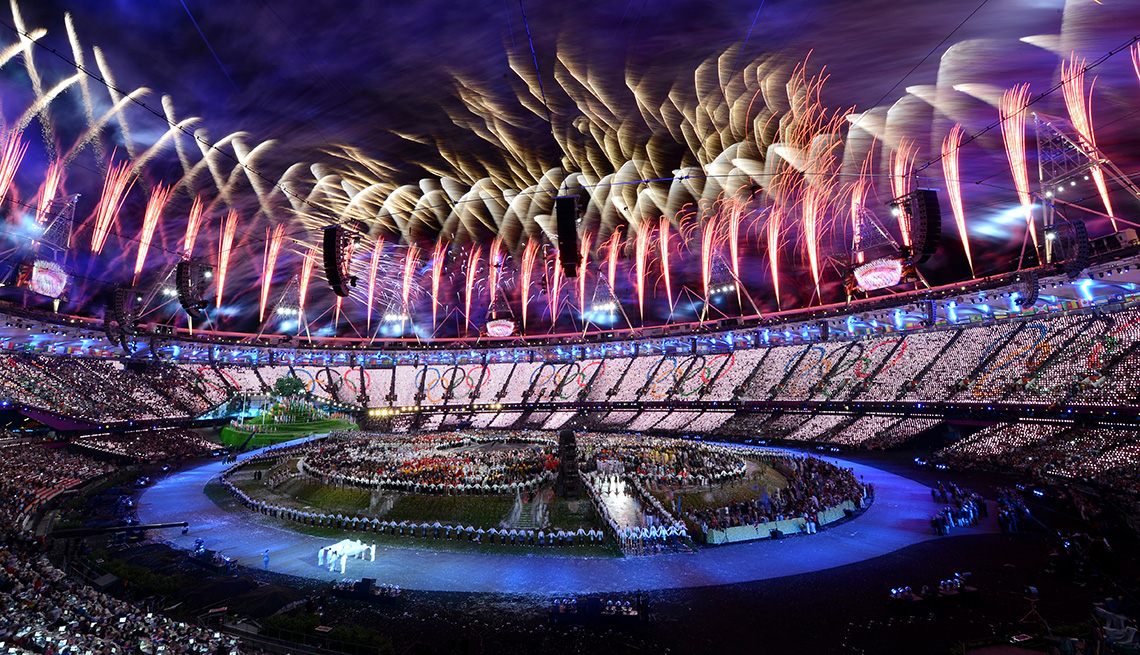
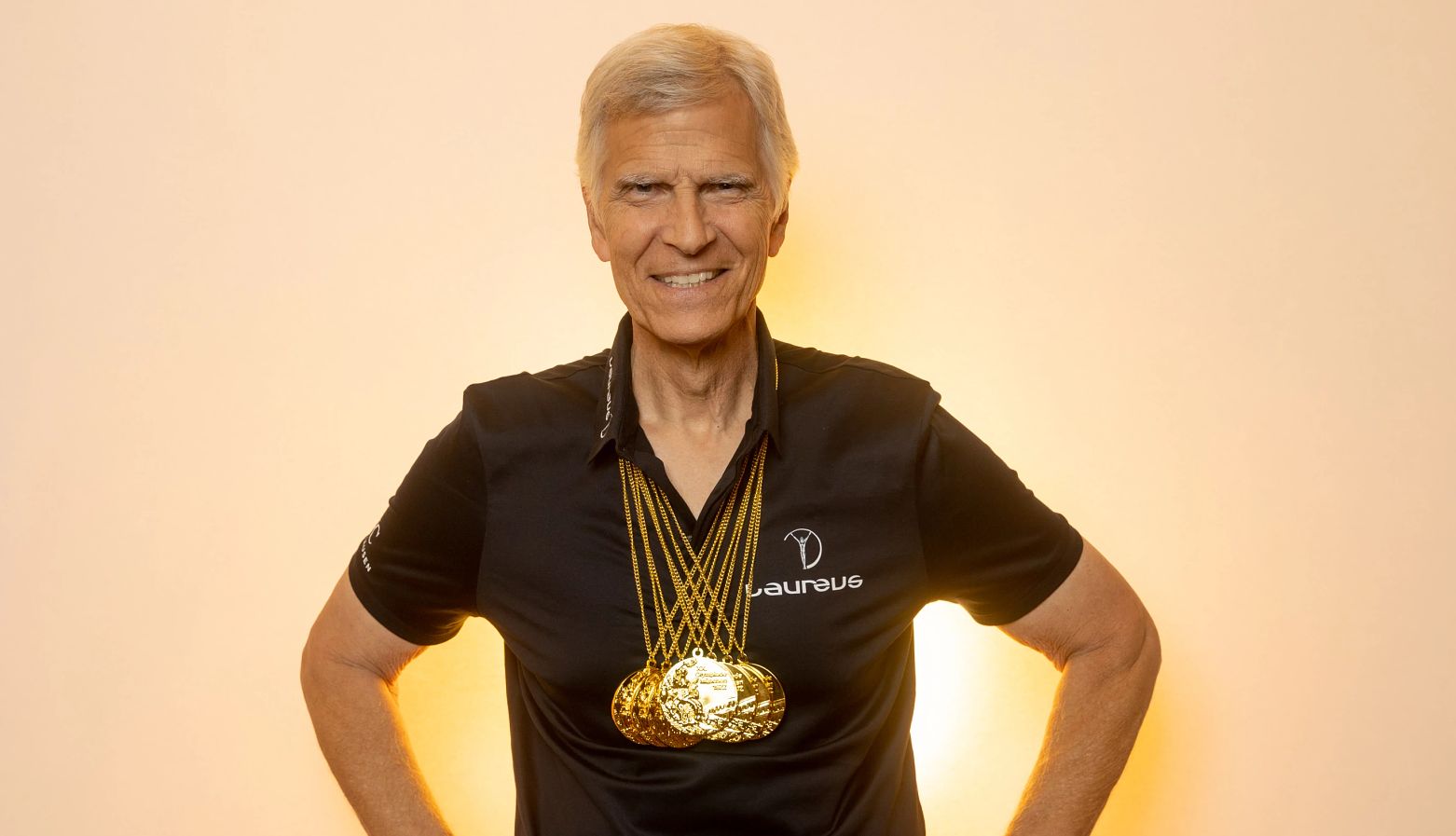
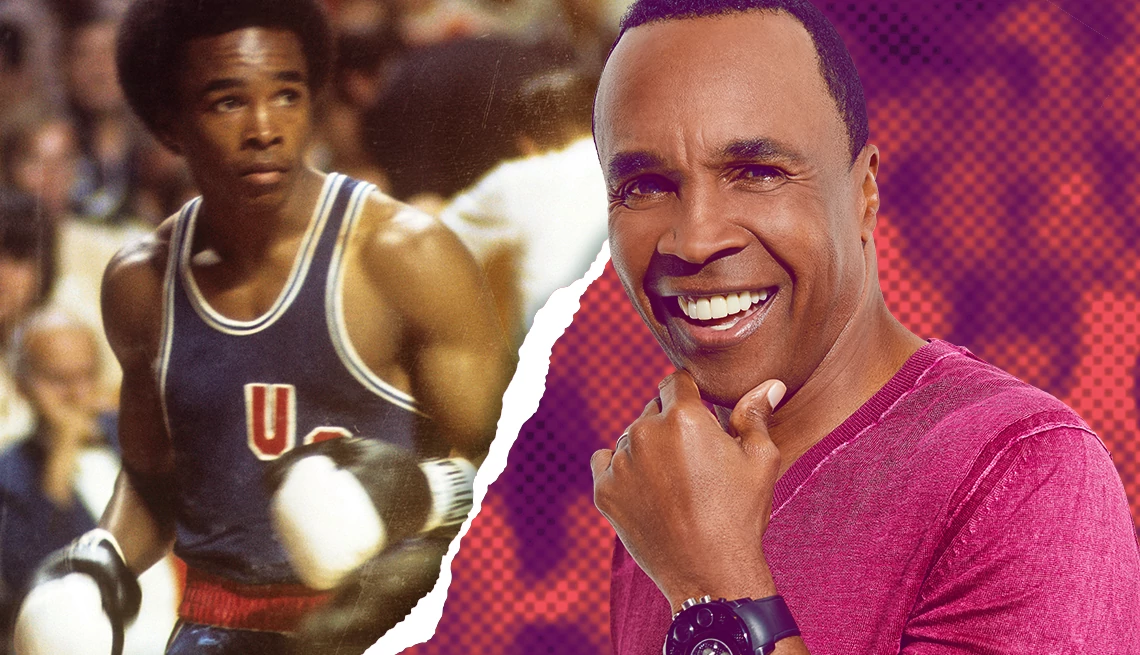
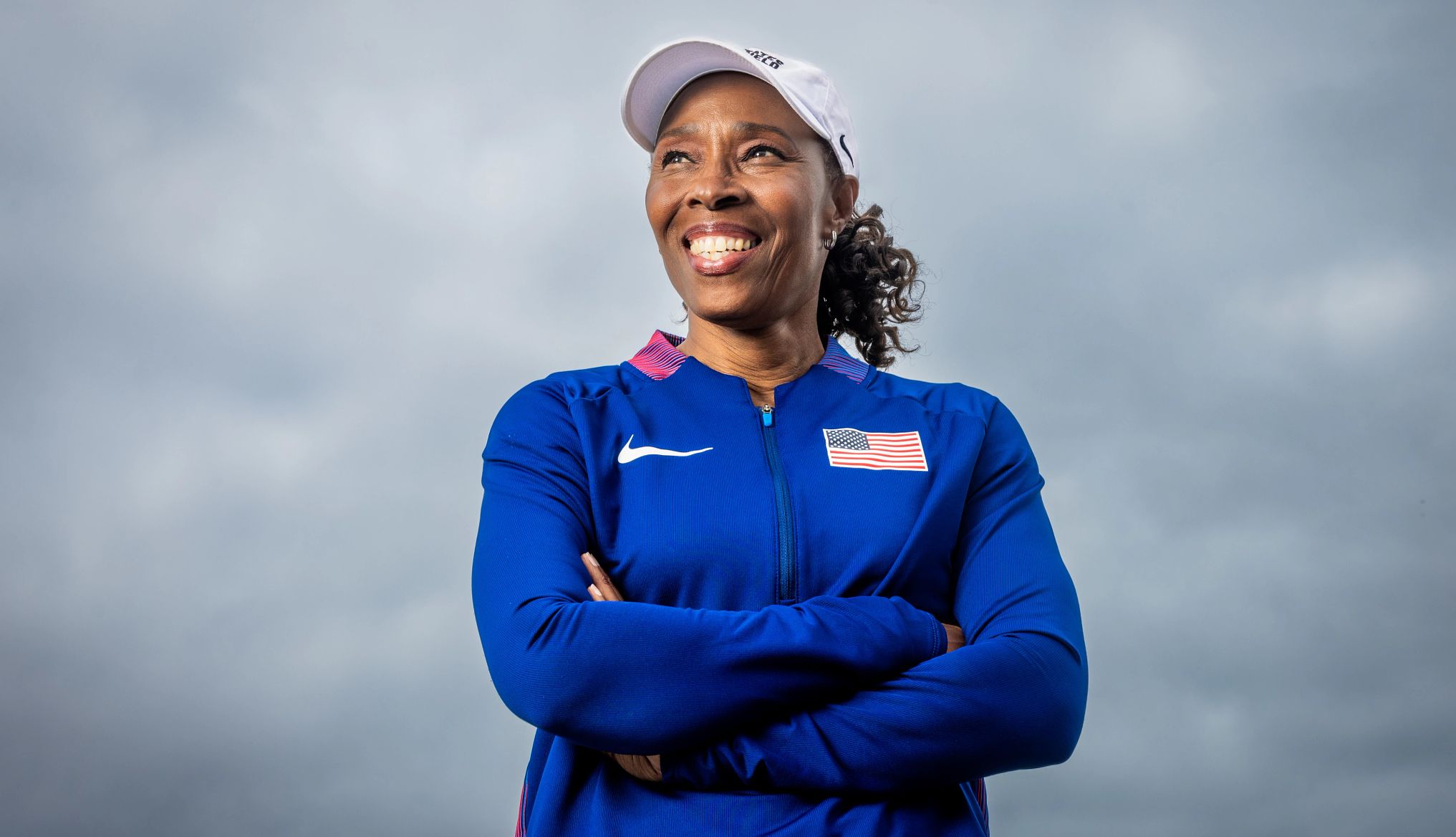
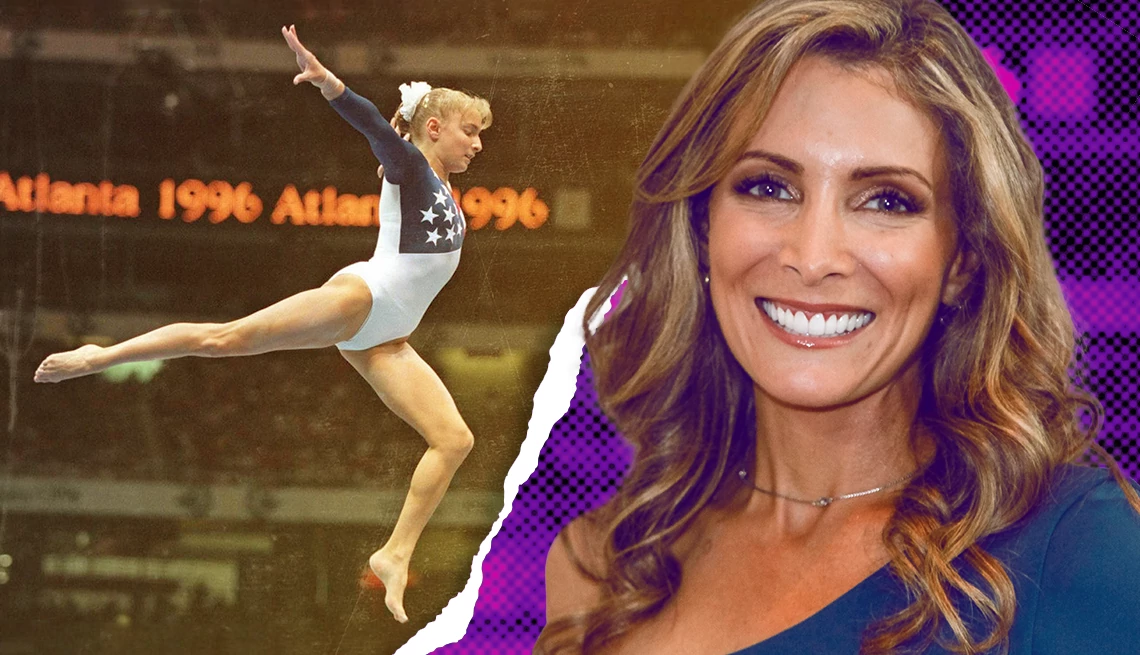

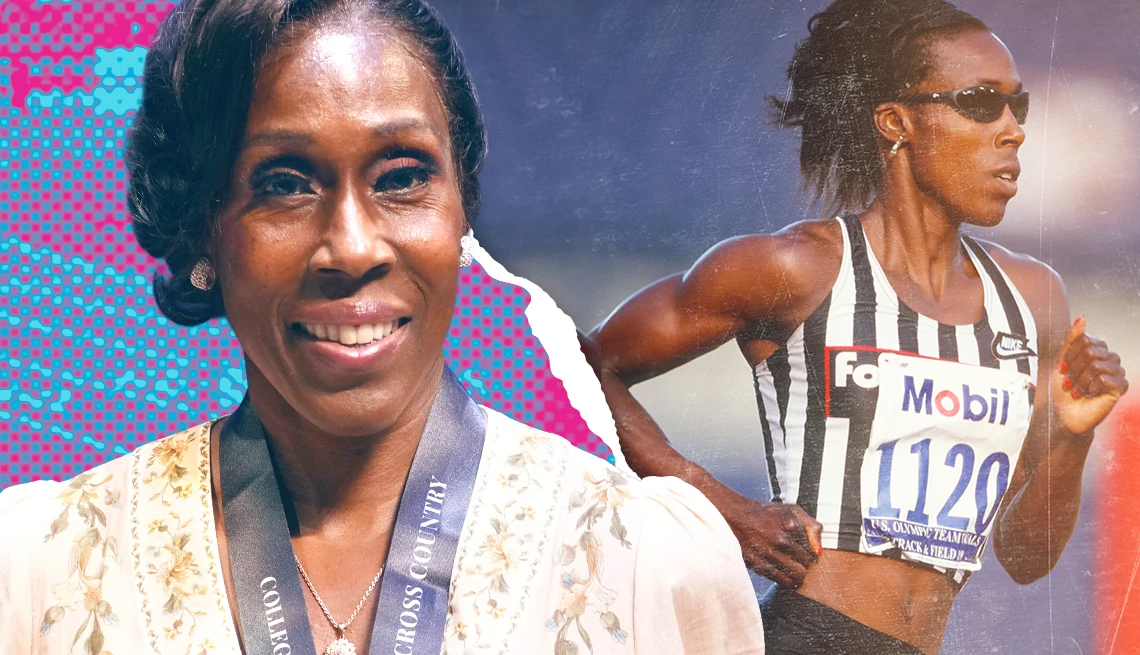
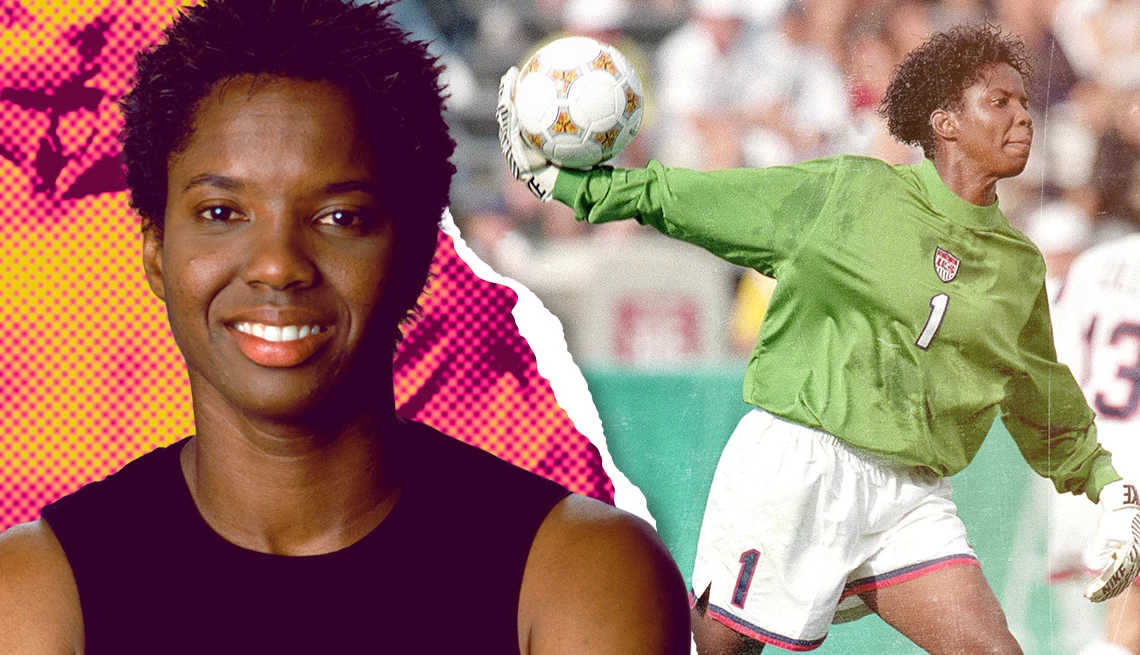
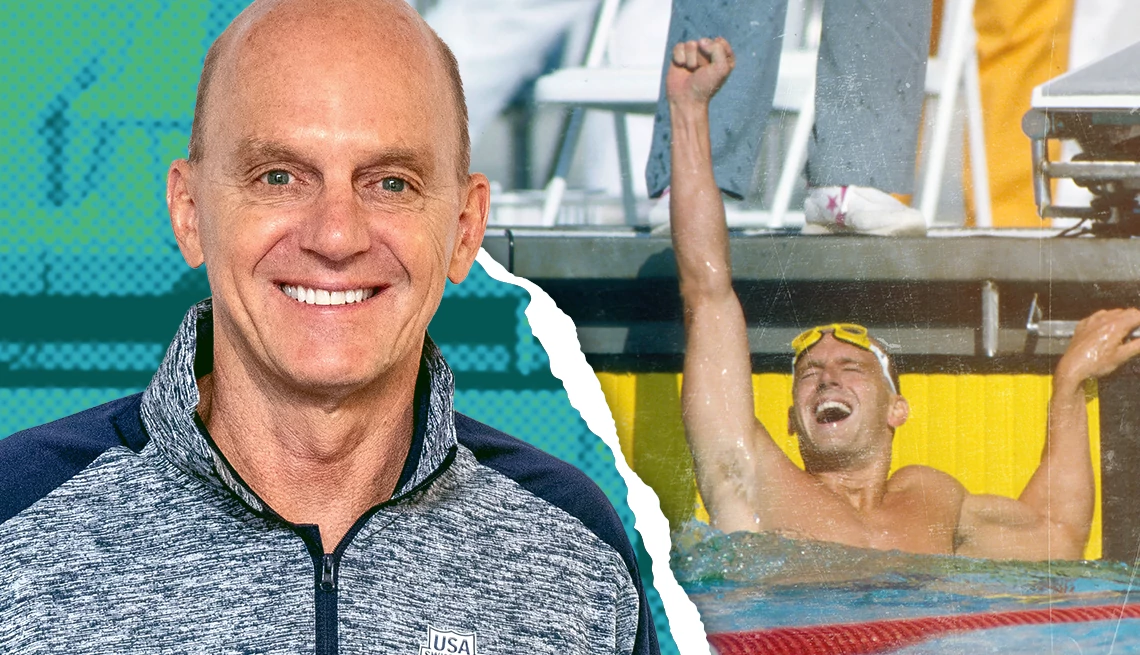
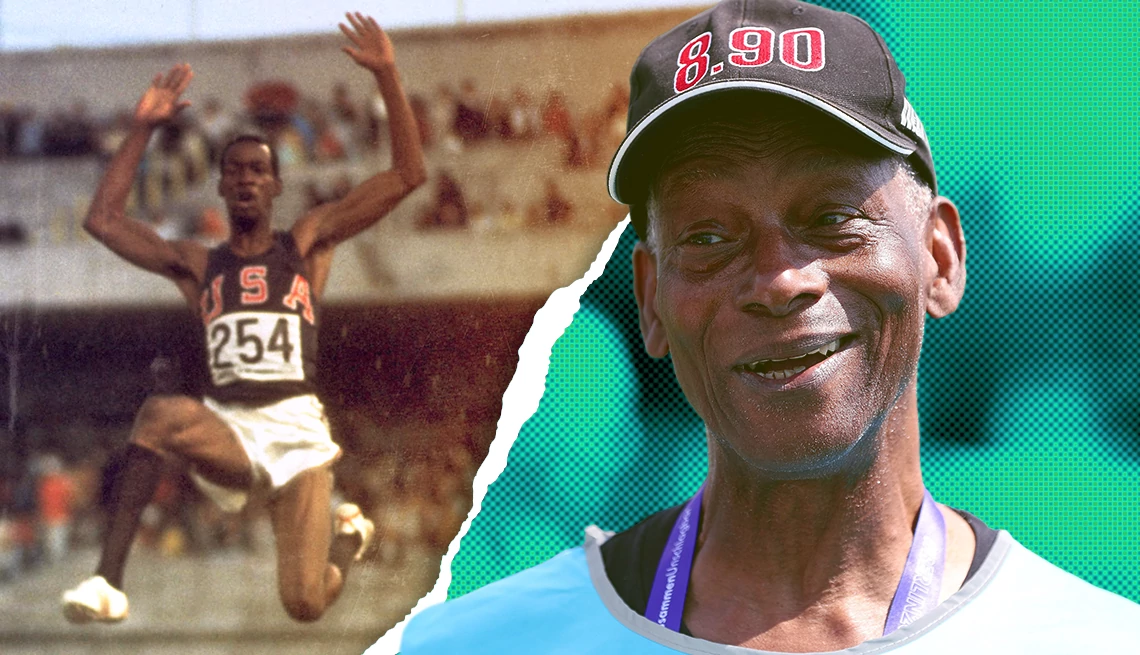
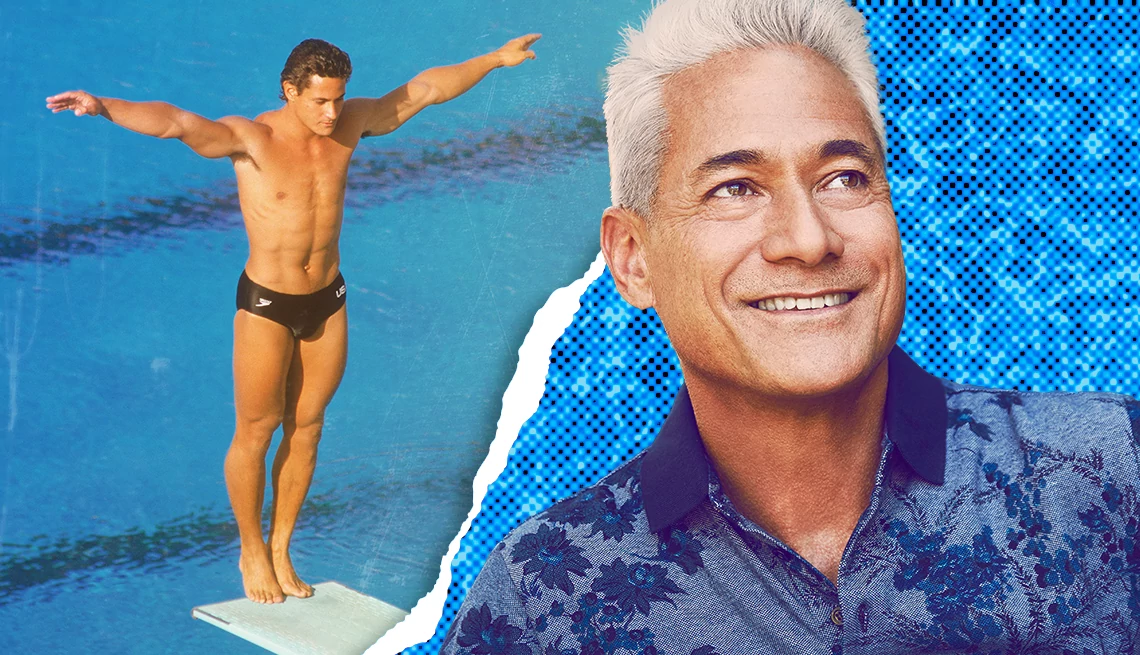
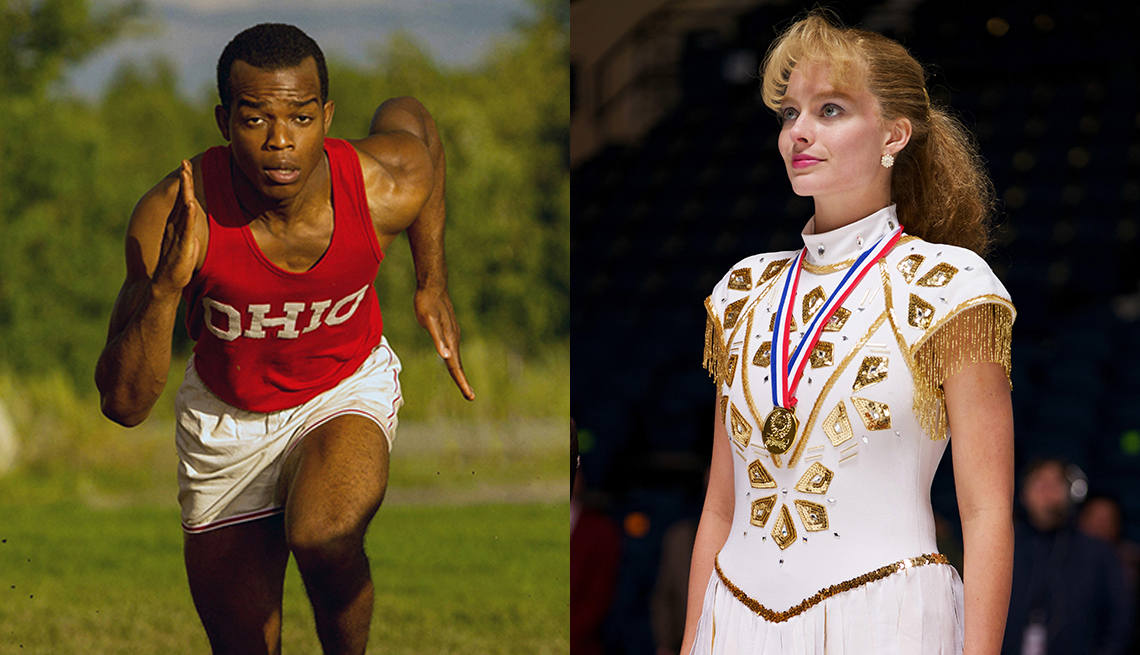




More From AARP
Gold Medal Boxer Sugar Ray Leonard: Winning Represented ‘The Realization of a Dream’
Leonard, 68, won gold at the 1976 Olympics in Montreal and is considered one of the greatest boxers of all time8 Training Tips for Older Runners
Expert advice for keeping on track
Staying Fit
Want to get fit? Get inspired with these workout routines.Recommended for You